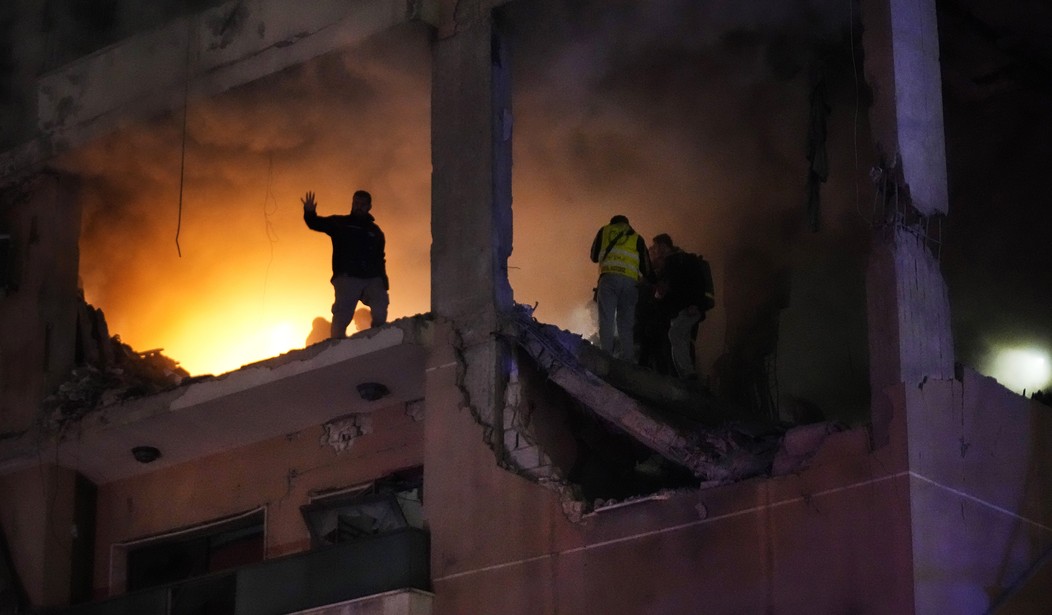For at least the last week we've been hearing about "significant progress" in the ceasefire negotiations between Israel and Hamas. Joe Biden's staff has issued regular updates suggesting that a deal was close, if not imminent. Biden obviously still fancies himself being crowned as the great peacemaker before he exits stage left, though it's unclear why it would matter all that much to him at this point. Yet the people we haven't heard weighing in on this supposed welcome news have been the leaders of Hamas and Bibi Netanyahu. The reason for this seemed to be made clear last night when Hamas rejected the latest U.S. proposal and walked away from the table. At least for now, we appear to be right back where we started from and the war will continue to grind on. (Axios)
Hamas on Sunday rejected an updated U.S. proposal for a ceasefire and hostage deal in Gaza, blaming Israeli Prime Minister Benjamin Netanyahu for moving the goalposts and the U.S. for indulging him.
The White House had claimed significant progress had been made during talks in Doha over the last several days. The rejection of the new proposal, which was presented to the parties on Friday, makes President Biden's goal of getting a deal this week almost impossible.
A stalemate in the negotiations would also make an attack by Iran and Hezbollah against Israel much more likely.
Both Tehran and Hezbollah have vowed revenge for Israeli assassinations in Beirut and Tehran, but have held their fire so far.
Hamas released a statement demonstrating that their demands haven't changed a bit and they were never seriously contemplating accepting any version of Biden's proposal. They blamed Netanyahu for "putting obstacles in the way of reaching an agreement" and accused Washington of echoing Israel's demands. Hamas is still insisting on a permanent ceasefire and the full withdrawal of all IDF forces from the Gaza Strip. In other words, the only agreement they will settle for is Israel surrendering while they are winning the war.
Not only will this rejection prolong the war as it stands today, but it increases the likelihood of the war expanding. Many analysts have speculated that both Iran and Hezbollah have been holding off on retaliatory strikes directly against Israel because they were waiting to see how the ceasefire negotiations turned out. Now they have their answer, so those strikes may be forthcoming. If Iran hits Israel directly, Netanyahu has already demonstrated that the IDF can strike targets inside of Iran with impunity. Last time the targets seemed to be minor, intended as a show of force and a warning. Next time they might start taking out nuclear facilities or Republican Guard strongholds.
As for Hezbollah, they've never really stopped trying to hit targets in Israel and they have unfortunately been successful on several occasions. If Israel is put in a position where they need to launch more rockets into Jordan, the Jordanians may feel compelled to crank up the temperature even further. One analyst from Foreign Policy Magazine believes that the process has already begun in the past few days. Lebanese residents have begun stockpiling necessities, buying food, fuel, and diapers in bulk. Israeli jets have been flying low over the region, breaking the sound barrier and shattering windows. It's looking less and less likely that anyone will be able to fully walk this situation back now.








Join the conversation as a VIP Member